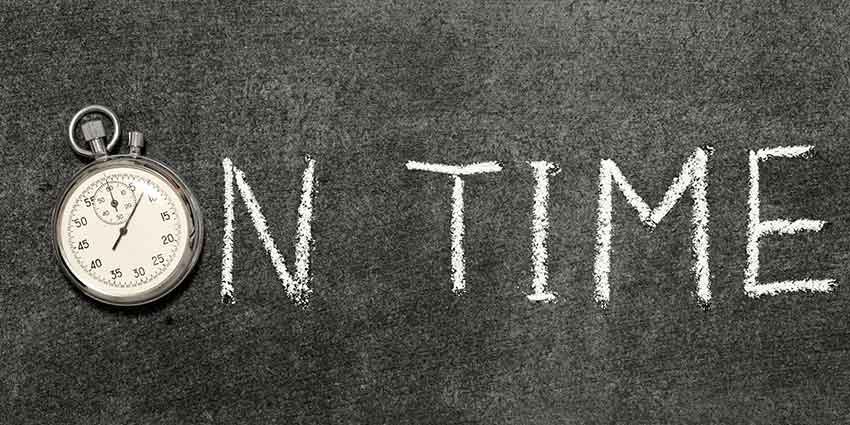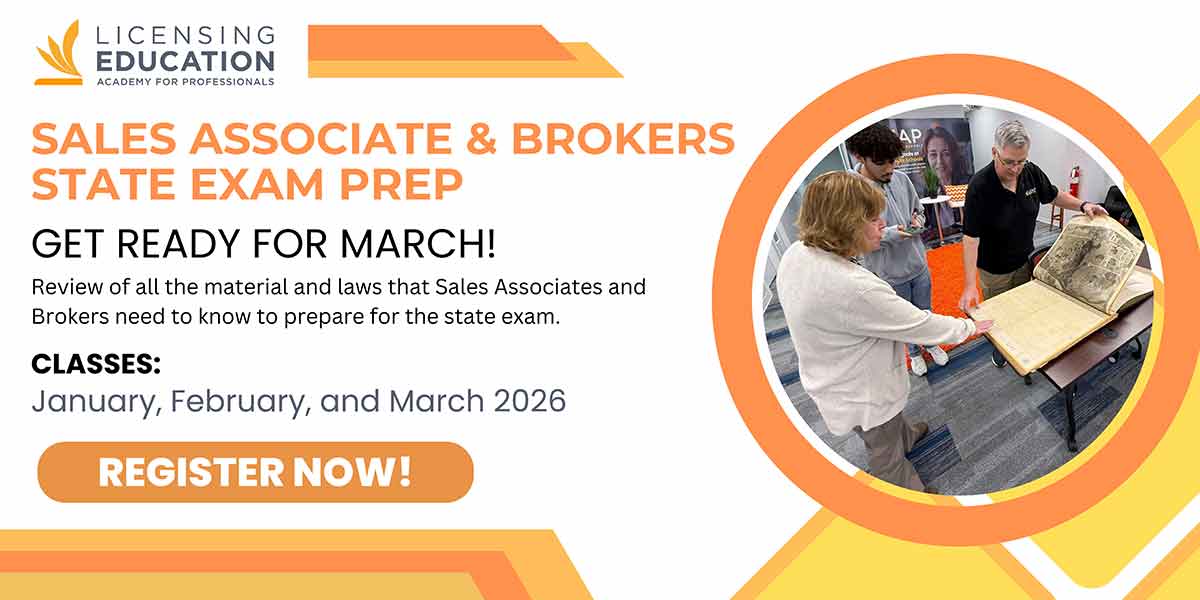To meet the IRS criteria for real estate professional status (REPS) brings substantial tax benefits. However, proving your status is just as important as qualifying for it. Many real estate professionals miss deductions. They often fail to track their hours or document their activities correctly.
In this guide, we will explain the best ways to track and document your real estate professional status. This will help you stay compliant and save on taxes.
Understanding Real Estate Professional Status (REPS)
The IRS defines a real estate professional as someone who:
- Spends more than 50% of their working hours on real estate activities.
- Works at least 750 hours per year in real estate trades or businesses.
- Materially participates in real estate activities, not just passively invests.
Qualifying real estate activities include property management, leasing, buying/selling, renovations, and more. However, without proper documentation, you could lose the benefits of this status in an audit.
How to Track Your Real Estate Hours Accurately
To prove your REPS status, you need clear and consistent records of your time spent on real estate activities. Here’s how:
1. Use a Time Log or Tracking App
- Keep a daily or weekly log of your activities.
- Include date, task, time spent, and notes about the activity.
- Use Google Sheets, Excel, or apps like Toggl or QuickBooks Time for easy tracking.
2. Categorize Your Real Estate Activities
Break down your hours into categories that the IRS recognizes, such as:
- Client Meetings & Showings – Time spent with buyers, sellers, and tenants.
- Property Management – Handling maintenance, rent collection, and tenant communications.
- Market Research & Education – Analyzing properties, taking real estate courses, or attending industry events.
- Networking & Business Development – Attending LEAP Academy workshops, real estate conferences, or local meetups in Orlando, FL.
3. Keep Proof of Participation
- Save emails, contracts, lease agreements, and meeting notes.
- Maintain a calendar with appointments and events.
- Keep copies of education certificates from LEAP Academy and other training programs.
Best Practices for Documentation
Even if you meet the IRS’s 750-hour rule, you need solid proof. Here’s how to ensure your documentation holds up:
- Use Digital Logs – Handwritten notes can get lost; use spreadsheets or apps.
- Maintain Receipts & Invoices – Especially for travel, marketing, and client-related expenses.
- Take Photos or Screenshots – Proof of property visits, inspections, or meetings.
- Save Emails & Contracts – A paper trail of your transactions is crucial.
Orlando, FL Real Estate Professionals: How LEAP Academy Can Help
For professionals in Orlando, FL, training and networking with LEAP Academy can boost your real estate career. It can also help you meet IRS requirements. LEAP Academy offers:
- Pre-license and continuing education courses to stay compliant.
- Workshops on real estate strategies, tax planning, and investing.
- Networking events to help professionals build connections and grow their business.
By joining LEAP Academy programs and tracking your learning time, you can use those hours for your real estate status. This will also help you improve your skills.
Final Thoughts: Stay Compliant & Secure Your Tax Benefits
Being a real estate professional is not just about the job. Showing you are actively involved is important. Keeping track of your hours and documents is important.
Use tools like time logs and receipts. They can help you stay compliant and avoid tax problems.
If you are in Orlando, FL, you can use LEAP Academy’s resources. These resources can help you meet IRS requirements. They can also boost your career.
Start tracking your real estate activities today and make the most of your professional status!





